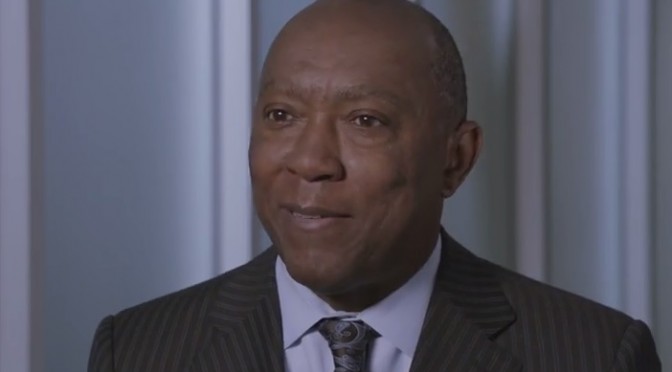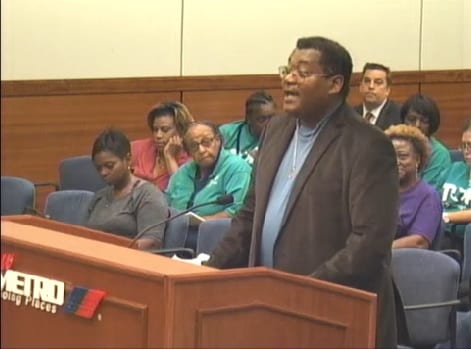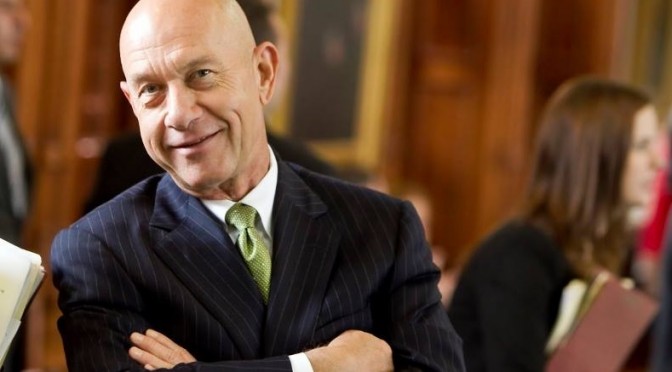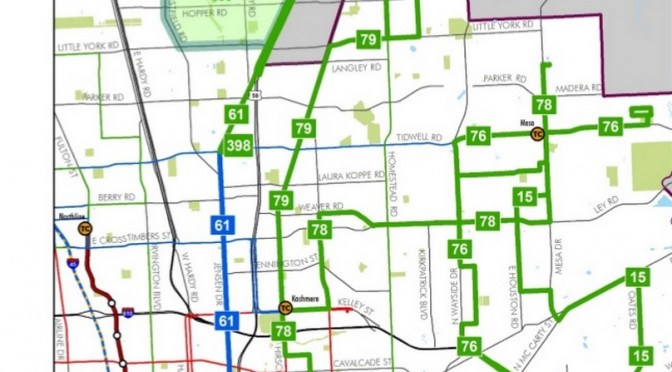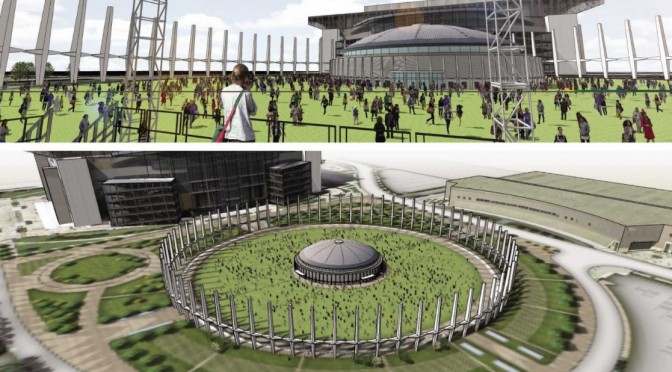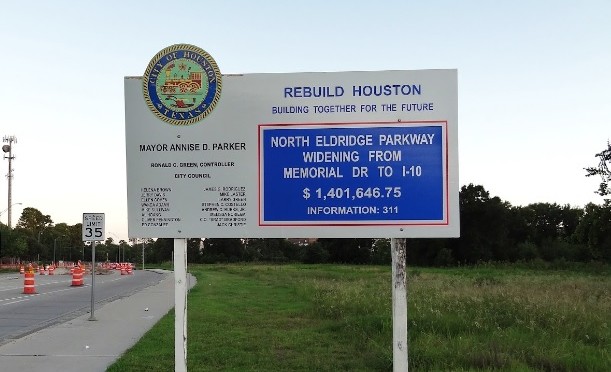On the Road Again: Turner Enters Houston Mayor’s Race
Most people are guided by an old idiom... "If at first you don't succeed, try, try again." Implied within is the assumption that even the most challenging tasks are worth at least three attempts.
That saying has now proven to be the case for State Representative Sylvester Turner, whom finally revealed Houston's worst kept … Continue Reading ››
